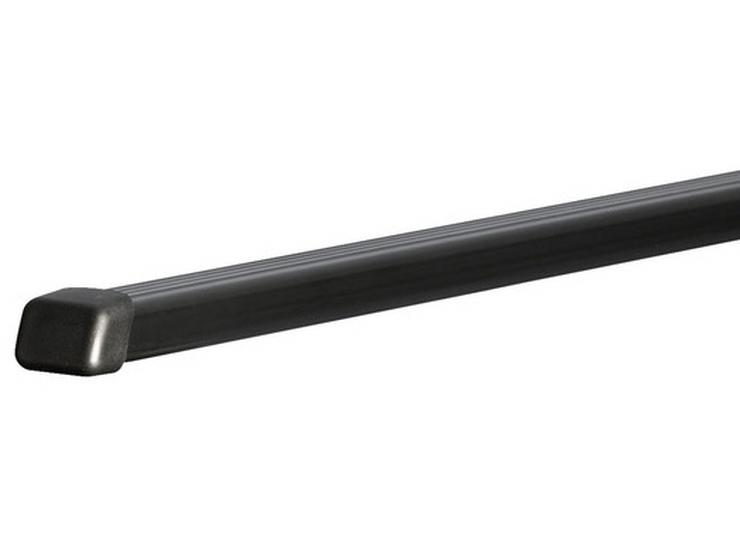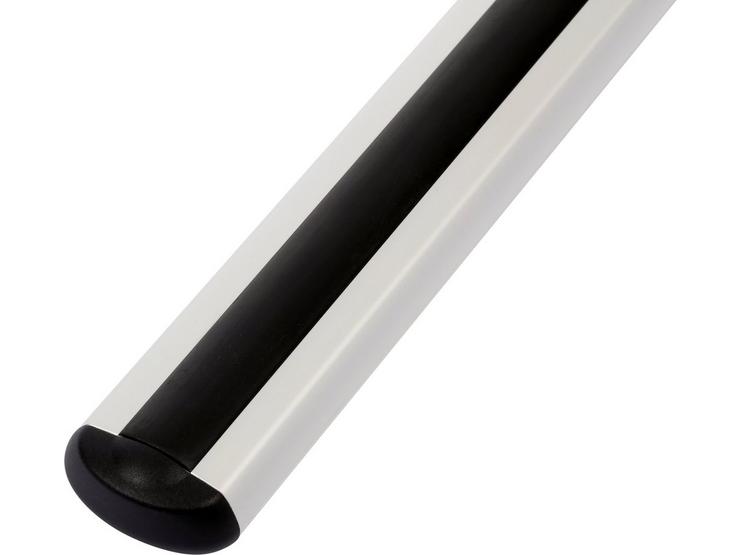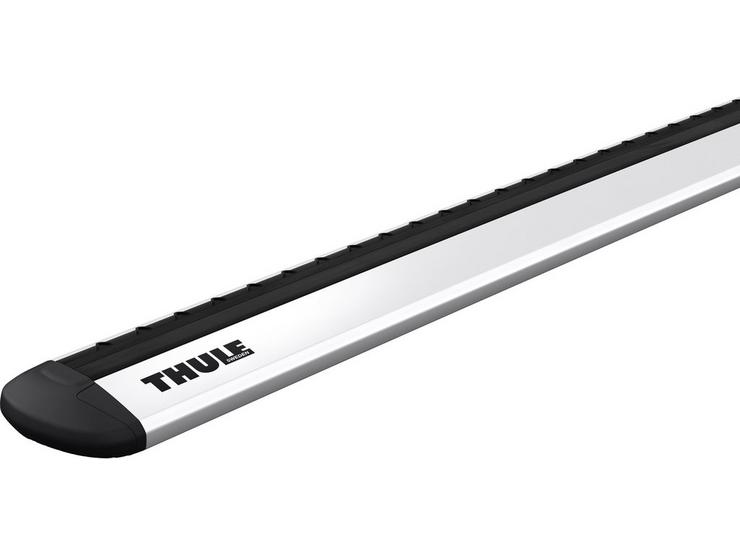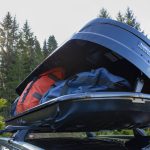If you’re heading out on a road trip or summer adventure, roof bars are a practical accessory, offering additional storage space for luggage, equipment, and outdoor gear. However, as roof bars aren’t universal, finding what roof bars fit your car can seem like a daunting task.
In this blog, we’ll explore the key factors to consider when choosing roof bars for your vehicle and provide some helpful tips to ensure you get the perfect fit.
What are roof bars?
Roof bars are fitted to the roof of your vehicle to allow you to transport large or heavy luggage that you normally wouldn’t be able to fit inside your vehicle. Roof bars are often used when heading on a road trip or holiday to carry items such as bikes and camping gear.
Vehicle compatibility
Before you start shopping for roof bars, it’s essential to understand your vehicle’s specifications. Take note of your vehicle make, model, and year of manufacture. Additionally, consider any unique features such as what roof rails your car has. The four different types of roof rail are as follows:
- Fixed points
- Bare roof
- Closed or flush rail
- Open or raised rail
Once you know your vehicle’s type, you can research roof bars that are compatible with its design. Head over to the roof bars section on the Halfords website and enter your vehicle registration and we’ll show you the right roof bars for your vehicle.
Different types of roof bars
Roof bars come in various styles, including:
Square bars
Square bars are the most common type of roof bars and are made from steel.
Aero bars
Aero bars are made from light aluminium, which are more aerodynamic than square bars, resulting in better fuel economy. They feature a T-track system which allows the full width of the bars to be utilised.
Thule wing bars
As the name suggests, Thule wing bars are exclusive to Thule, made from aluminium, also featuring a T-track system but are the quietest and most aerodynamic roof bars on the market.
Weight capacity
Consider how much weight you plan to carry on your roof bars. Different vehicle models have varying weight capacities, which can be found in the manufacturer handbook, so ensure the roof bars you choose can safely support your luggage and equipment.
Budget
Setting a budget is important as aluminium roof bars are more expensive than steel options. While the latter may be cheaper, it can impact your fuel economy.
Aerodynamics and noise
Aerodynamic roof bars can reduce wind noise and improve fuel efficiency compared to bulkier models. While they may be pricier, the long-term benefits can often outweigh the initial cost.
Roof bar installation
Depending on your vehicle’s roof type, installation methods may differ. Some roof bars require drilling, while others feature a clamp or mounting system. If you’re not comfortable with fitting roof bars yourself, one of our experts will be happy to fit them for you.
Simply ask one of our colleagues in-store for more information or select ‘roof bar fitting’ when adding roof bars to your basket online.
Additional roof bar fittings and accessories
Depending on your needs, you may require additional items such as roof bar fittings, roof boxes or roof box accessories. Factor in these extras when budgeting for your roof bar setup. You’ll find all the accessories you need from Halfords from luggage straps to roof box keys.
As you can see, choosing the right roof bars for your car involves careful consideration of your vehicle’s specifications, compatibility, weight capacity, and installation requirements. By following these simple steps and doing your research, you can confidently select roof bars that perfectly fit your car, enhancing its versatility for all your getaway adventures.




